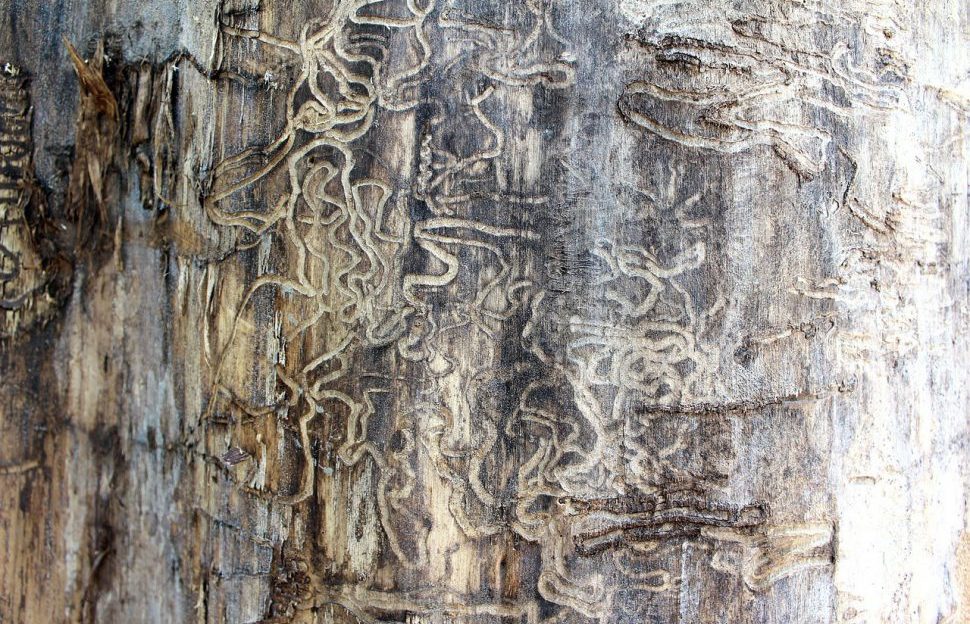John Tolley, March 13, 2018
Termites, those perennial pests who terrorize trees and feast on framing timbers, might hold the key to clearing one of the biggest hurdles to efficient bioenergy. Whereas humans struggle to deal with lignin, the tough, fibrous polymer that gives wood its strength, the tiny termite can fully digest wood, lignin and all, in a few short hours.
Without an effective process for breaking down lignin, moving from biomass to biofuel is a costly process with severely limited energy output. At the University of Wisconsin Energy Institute (WEI), researchers are studying how a symbiotic relationship between termites and a wood-degrading fungus leads to near total lignin breakdown and usable sugars to sustain older termites. Unlocking the secrets of this process could lead to a revolution in how wood and woody plants are used in the growing field of renewable bioenergy sources.
This is just one of many fascinating and unique areas of inquiry being studied at the WEI, which recently released its 2017 Annual Report. The WEI?s mission is to advance, at the state, national and global level, energy education and research, with an eye towards reducing fossil fuel use and growing clean energy alternatives.
Highlights from the Annual Report Include:
- A continuing grant from the Department of Energy will fuel work at the Great Lakes Bioenergy Research Center (GLBRC) for another five years. A partnership between five universities in the US and Canada led by the University of Wisconsin, the GLBRC is a research leader in the investigation of ?sustainable biofuels and bioproducts.? The current grant supports work that includes creating viable alternatives to petroleum-based transportation fuels. Read more here.
- Making varieties of grasses heartier may seem like the opposite end of the spectrum from fuel research, but with funding from the GLBRC, Wisconsin geneticist are working to engineer crops that may be optimal sources for biofuels. Read more here.
- While research is important when it comes to advancing clean energy, education is just as imperative to advancing understanding of how energy systems work and how they can be improved. For example, Wisconsin has partnered with the Bonduel School District and library media specialist Lisa Sorlie to develop an innovative curriculum that gets kids excited to ask scientific questions and seek answers through hands-on experimentation. Read more here.
2017 was the WEI?s fifth anniversary, and interim director Tim Donohue marked the occasion by reflecting on how the Institute exemplifies the vaunted principle which drives the university?s work, The Wisconsin Idea. ?Our research, education, and outreach seeks to usher cutting edge ideas out of the lab and into the lives of Wisconsin's citizens, its government and industry leaders, and other stakeholders. Our bioenergy research promises to forge a stronger bioeconomy for farmers. Our outreach with K-12 teachers has touched thousands of Wisconsin students per year. And our work with industry has made Wisconsin's energy sector stronger.?







